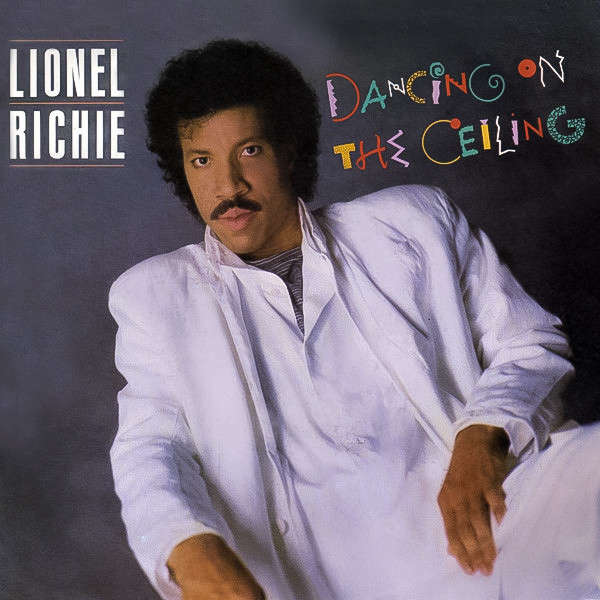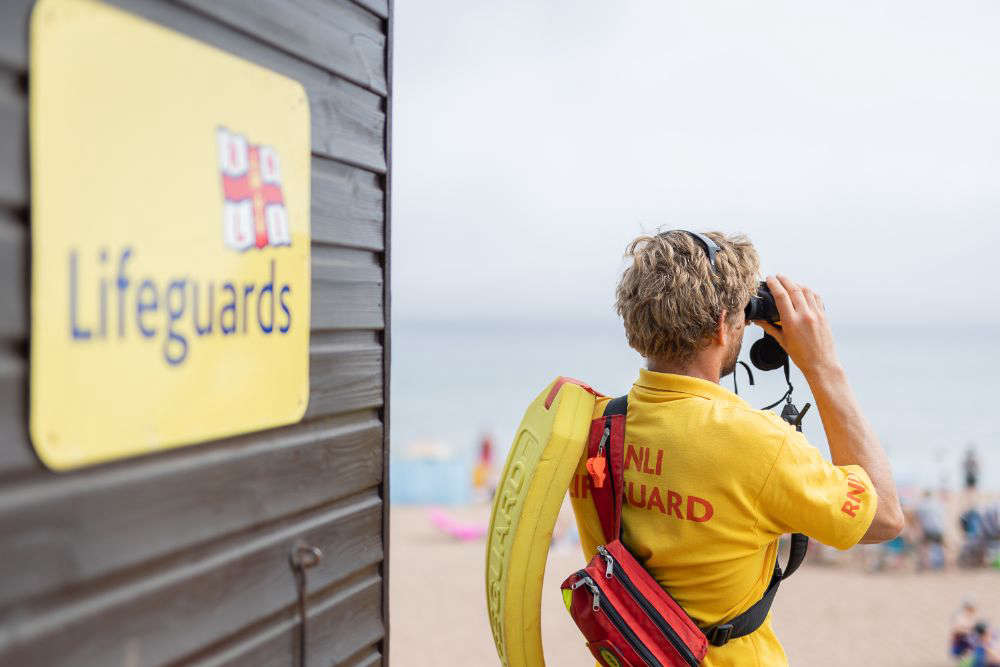
As the Easter school holidays approach, and more fine weather is forecast, RNLI lifesavers prepare for a busy period.
The charity's lifeguards are returning to Jersey's beaches in time for the busy Easter break.
From Saturday 5 to Monday 21 April, Le Braye beach in St Ouen's Bay will be patrolled daily.
With sunshine forecast, the RNLI is urging those enjoying the coast as it gets warmer to be prepared for whatever water activity they have planned.
A large number of callouts in 2024 involved paddleboarders and kayakers caught out by the conditions.
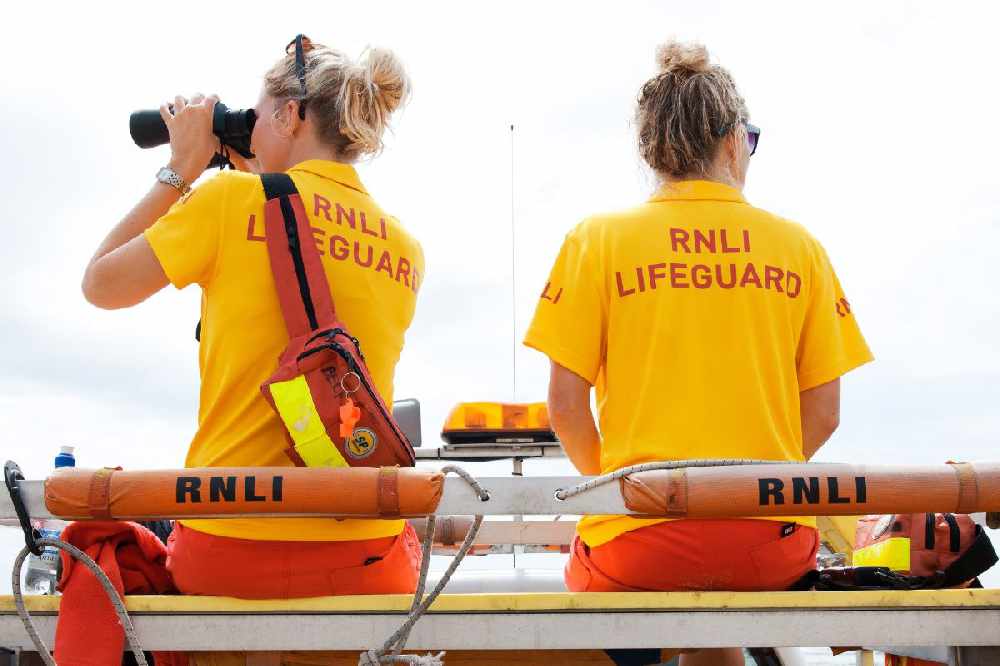
They are asking that beachgoers visit a lifeguarded beach and swim between the flags, check the weather forecast, tide times and signage, don't allow family or friends to swim alone and to always keep an eye on them.
Islanders are reminded to FLOAT TO LIVE if they fall into the water unexpectedly: 'Fight your instinct to thrash around, lean back, extend your arms and legs, and float.'
Those using equipment in the water must check it and wear a lifejacket.
Beaches patrolled over the summer season:
Le Braye will be patrolled daily for the two-week Easter holidays from Saturday 5 to Monday 21 April, and over the weekend of 26 – 27 April before returning to daily patrols from Saturday 3 May.
Daily patrols will recommence at El Tico and Watersplash at St Ouen, Plemont, Greve de Leq and St Brelade’s Bay from Saturday 24 May.
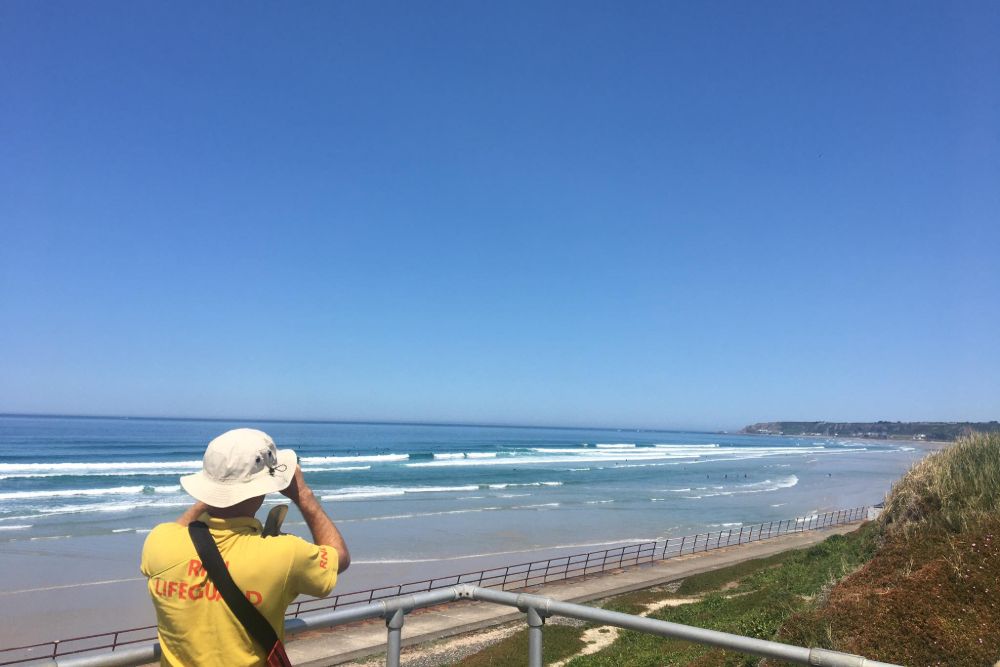
Aaron White, Seasonal Lifeguard Supervisor in Jersey and his team have been working to ensure the beaches and lifeguard units are ready and equipped.
He says lifeguard training has been performed seamlessly:
"Pre-season preparations are in full swing, and our lifeguards are eager to return to the beaches and do what they do best.
"Over the Easter period we advise that if you’re heading into the water, visit Le Braye at St Ouen where there will be a lifeguard service operating from 10am to 6pm.
"Good weather would be most welcome, however it’s important to remember that the water is usually at its coldest at this time of the year which increases the risk of cold-water shock."


 Carers offered free training sessions for demaintia
Carers offered free training sessions for demaintia
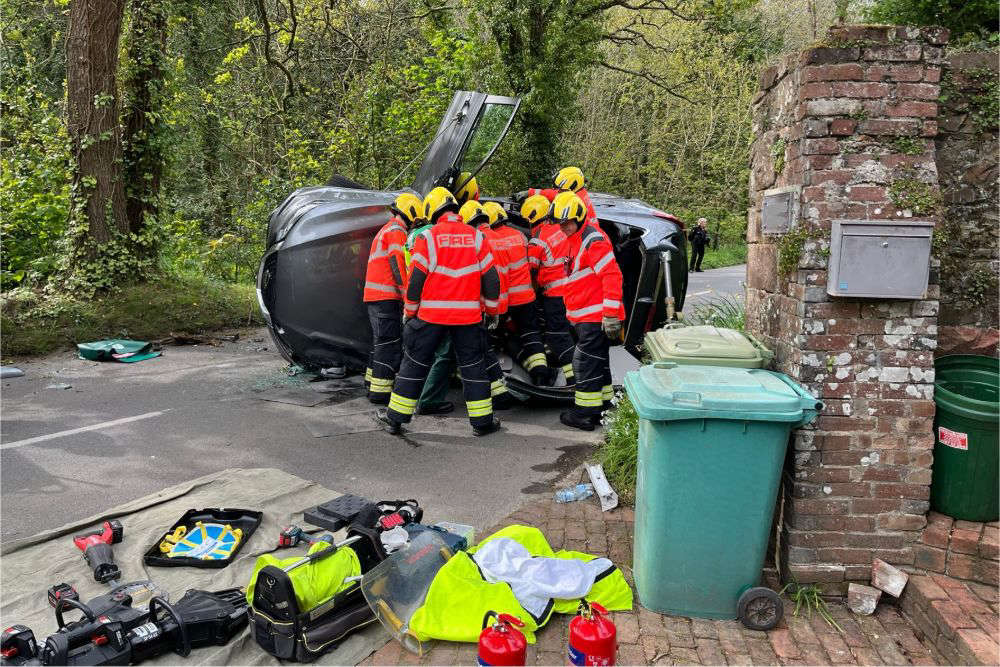 Firefighters save two islanders from serious St Peter car crash
Firefighters save two islanders from serious St Peter car crash
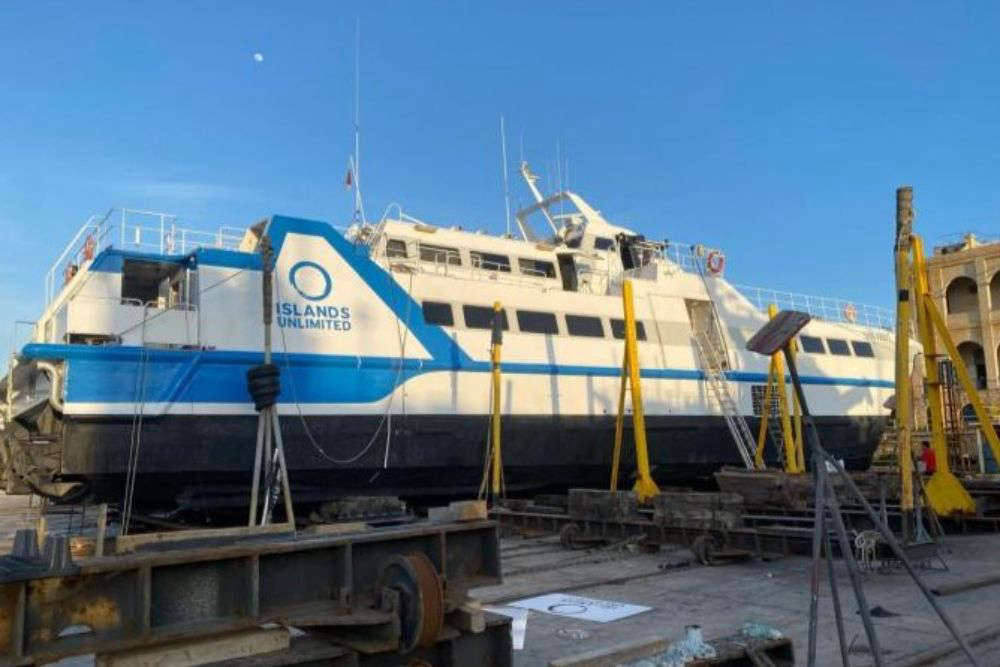 New Channel Islands catamaran tests well in choppy seas
New Channel Islands catamaran tests well in choppy seas
 Jersey-born artist's work exhibited in the British Museum
Jersey-born artist's work exhibited in the British Museum
 Jersey Hospice opens new chairty shop out east
Jersey Hospice opens new chairty shop out east
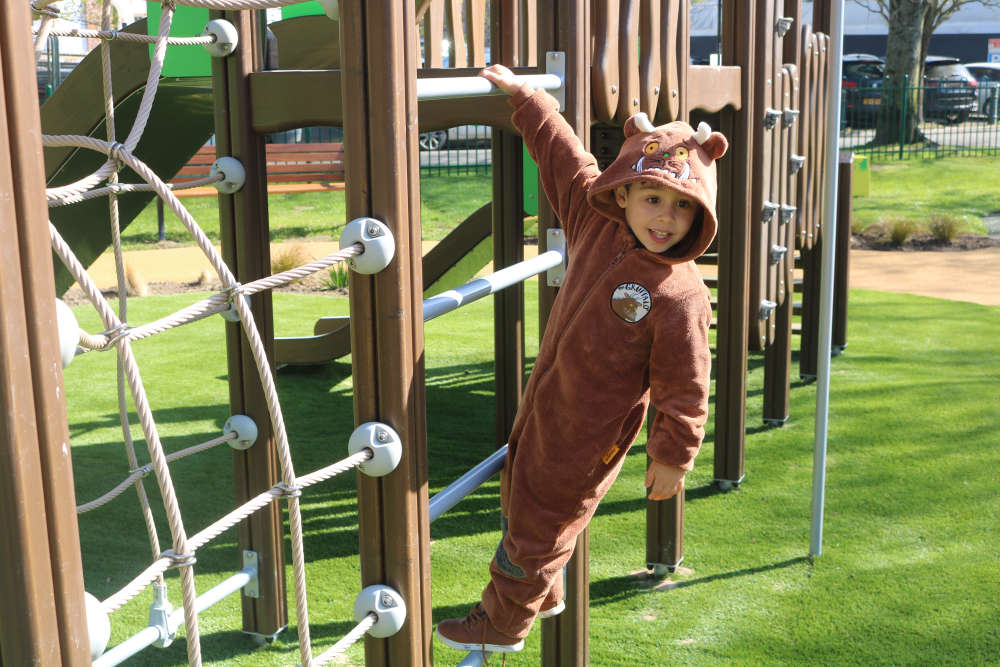 FIRST LOOK: New Parade Gardens playgrounds open two weeks early
FIRST LOOK: New Parade Gardens playgrounds open two weeks early
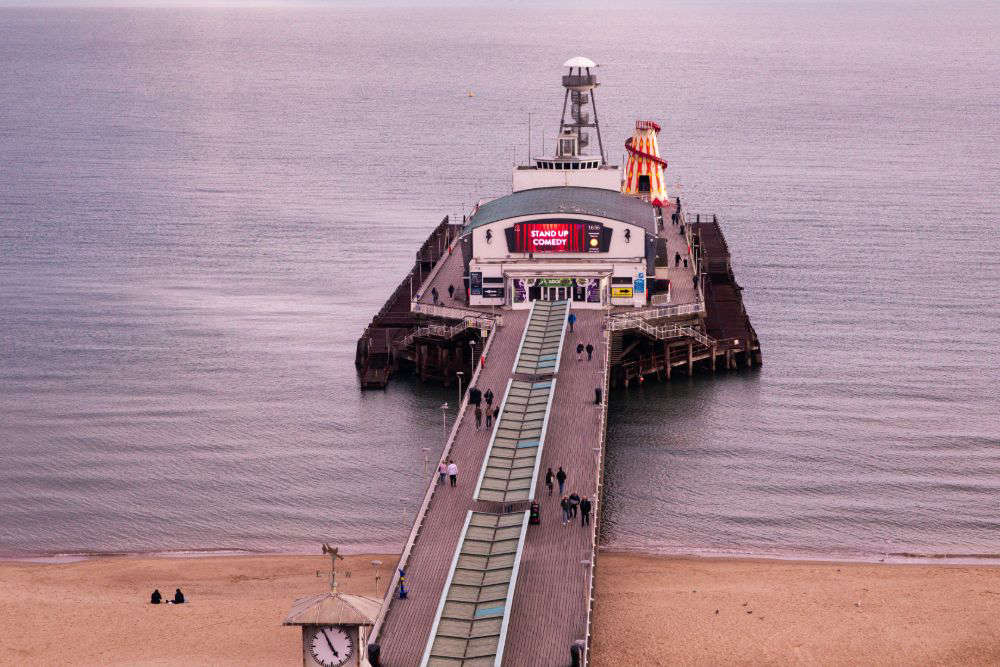 Bournemouth on the cards for 2026
Bournemouth on the cards for 2026
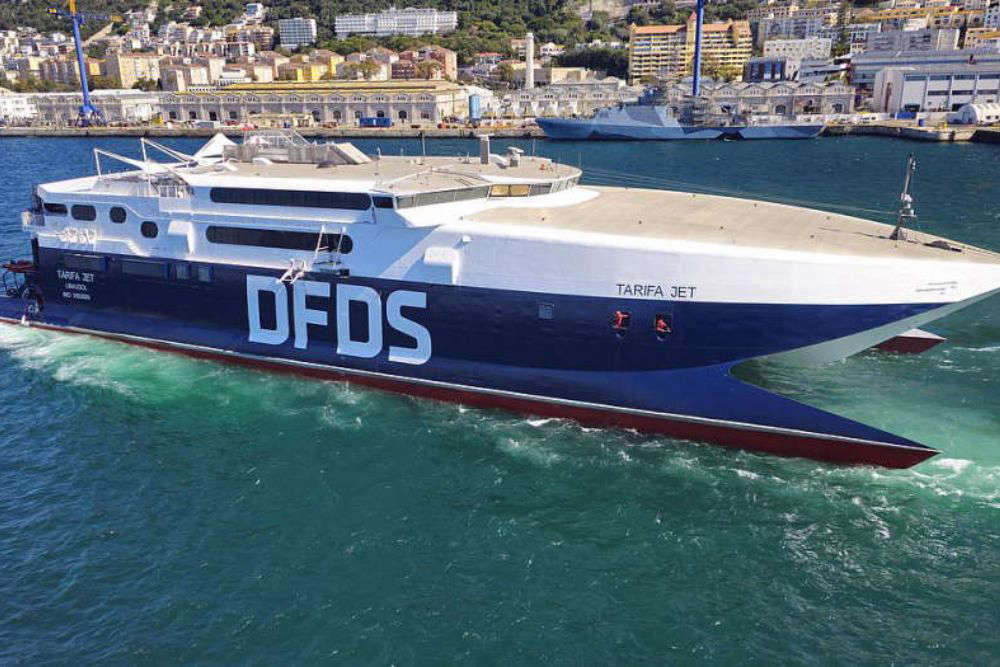 Tarifa Jet returns to Jersey
Tarifa Jet returns to Jersey

